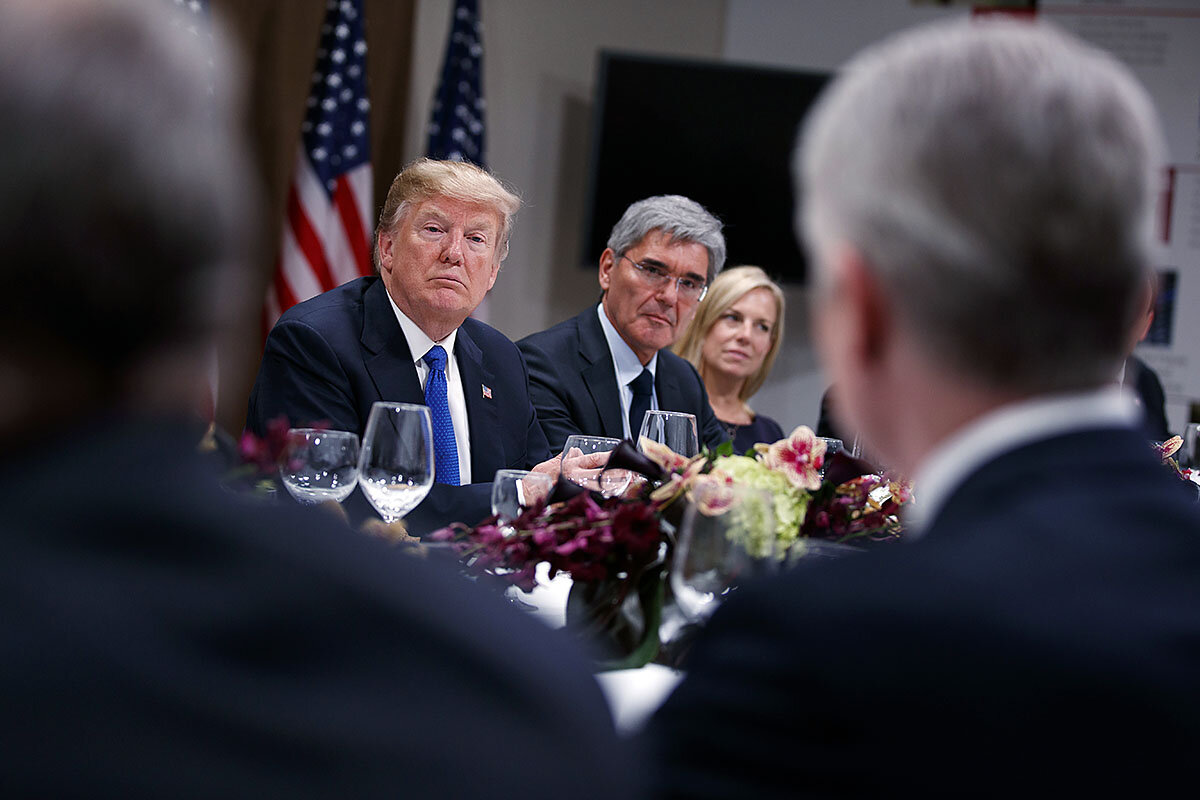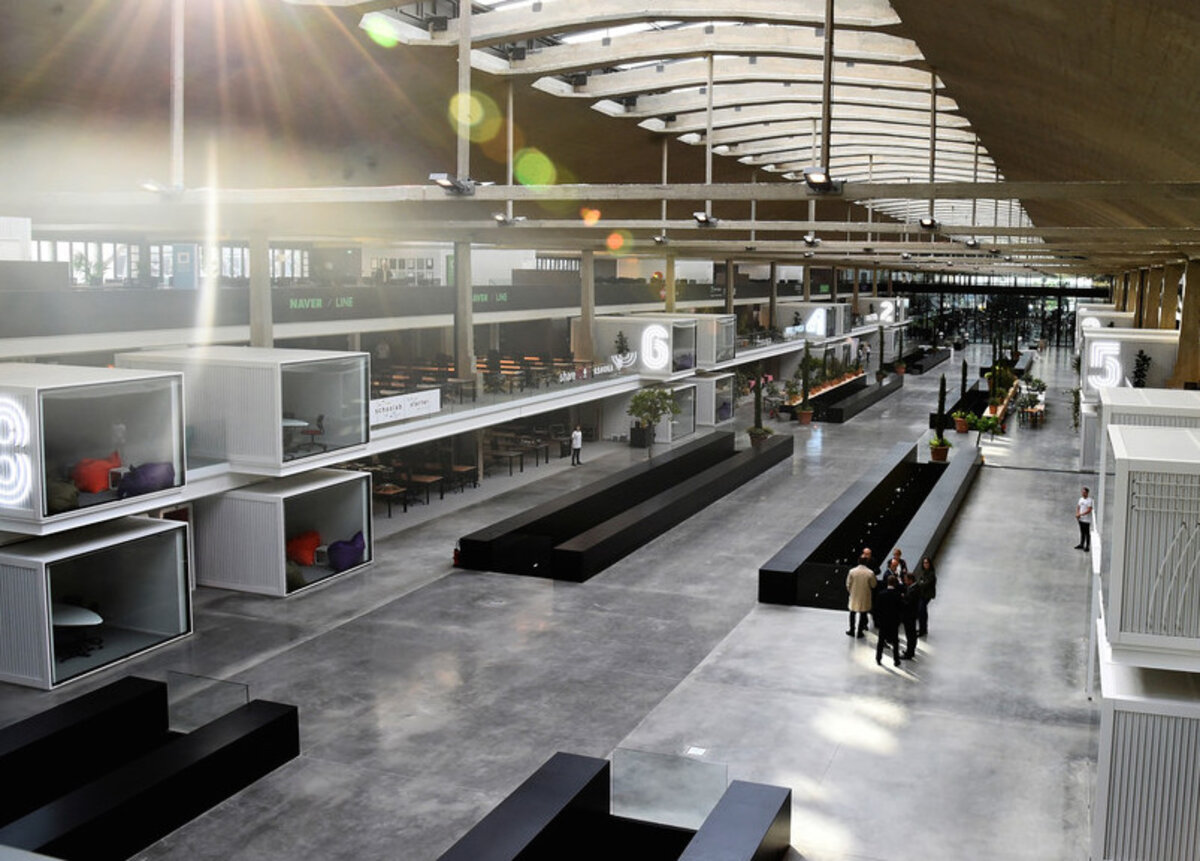The US president’s speech Friday at the World Economic Forum may have exposed the dawning of a practical reality: Pugnacity gets attention, but multilateralism gets things done.
Monitor Daily Podcast
- Follow us:
- Apple Podcasts
- Spotify
- RSS Feed
- Download
 Clayton Collins
Clayton Collins
Another hard week for choosing where to focus.
A partial government shutdown ended. American gymnasts tasted justice. Earth’s crust got active. Another school heard gunfire.
We had a distracting flurry about “secret society” texts and the FBI. More infighting about a border wall. The basement of the Louvre was threatened by floodwaters, a rising global concern.
The so-called Doomsday Clock hit two minutes to midnight.
At week’s end the news energy moves to a Swiss alpine enclave where helicopters sit in a row as though valet-parked. At Davos – which banking executive Jamie Dimon famously called the place where “billionaires tell millionaires what the middle class feels” – an American president stiff-armed news reports concerning a special prosecutor and made a pitch for fair and reciprocal trade. (More on that in today’s first story.)
Davos is not just about fanfare for the uncommon man. But writer Felix Salmon argued last year that the forum tends to nurture a brand of globalism that’s better for the world’s very rich and very poor than it is for the global middle.
In a shift, at least some Davos attendees might be more sensitive this year to those in the middle, those who form the vital centers of national economies. Said Christine Lagarde, head of the International Monetary Fund and a forum co-chair, “I find that more and more world leaders are concerned about excessive inequality.”
Now to our five stories for today, highlighting shifts in thought, shifts in power, and the value of compassion.










